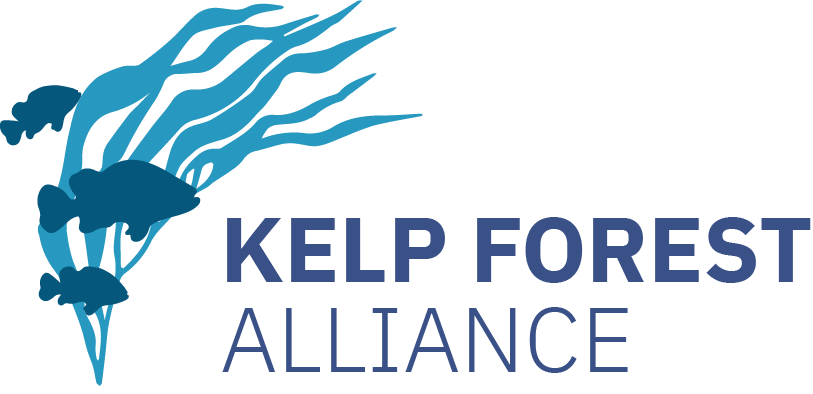Restoration Objective:
The objective of restoration was to improve Macrocystis pyrifera beds in Tasmania, as they are thought to be declining, and provide food and shelter for a wide range of animals and plants.
Site Selection Criteria:
Transplant sites were chosen that had a reef substrate and were exposed to a moderate amount of wave action. Sites were chosen at progressive distances up the river in case there was some factor that moderated downstream such as pollution.
Cause Of Decline:
Concern has been raised over the state of Macrocystis pyrifera forests in Tasmania due to the perceived loss of the alga around the Tasmanian coastline. The alga is thought to be highly productive and provides food and shelter for a wide range of animals and plants. Possible reasons for the decline include overharvesting, overfishing of lobsters (leading to increases in urchins), increased boat traffic, sediment disturbance, invasive species, warming waters and El Niño.
Key Reasons For Decline:
Ocean Warming
Scientific Paper
Restoration of string kelp (Macrocystis pyrifera) habitats on Tasmania's east and south coasts. Final Report to Natural Heritage Trust for Seacare. Technical Report. Tasmania, Australia.
Tasmania, Australia.
https://eprints.utas.edu.au/12306/



